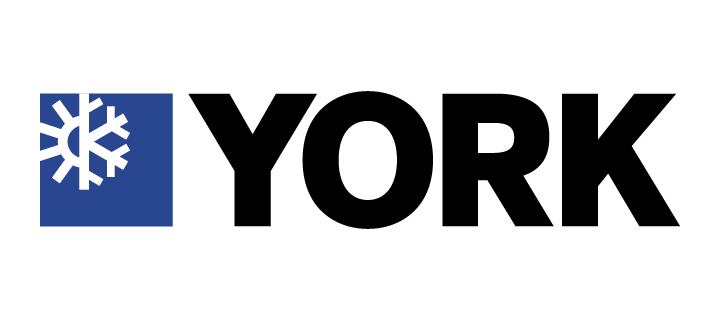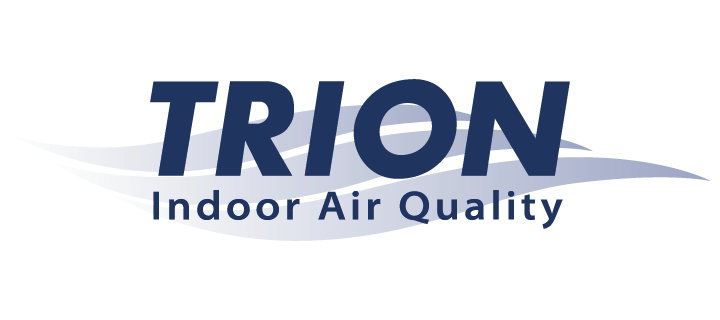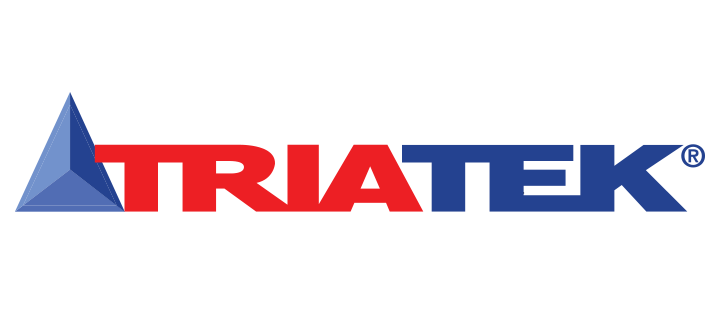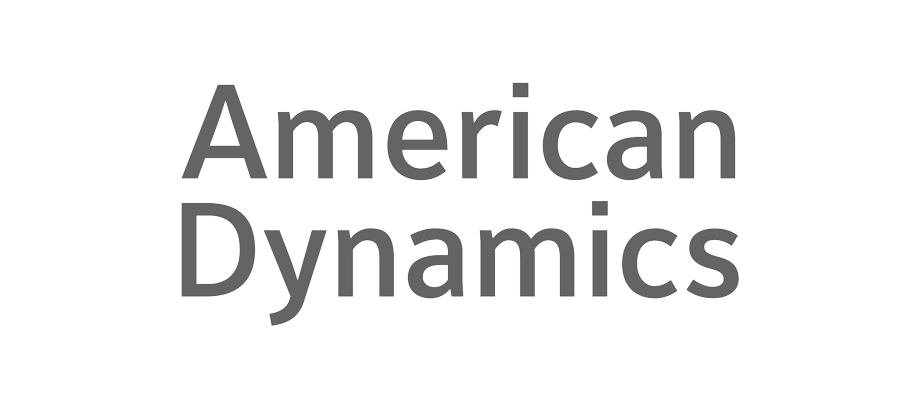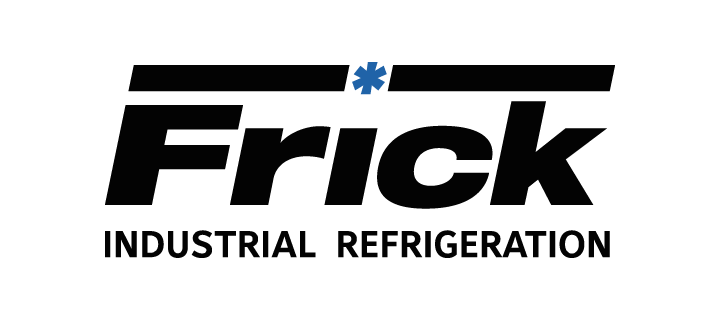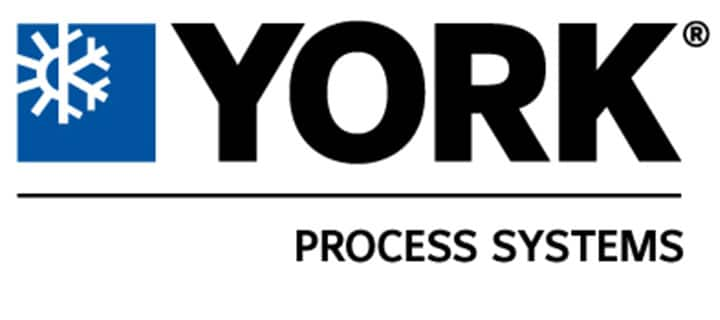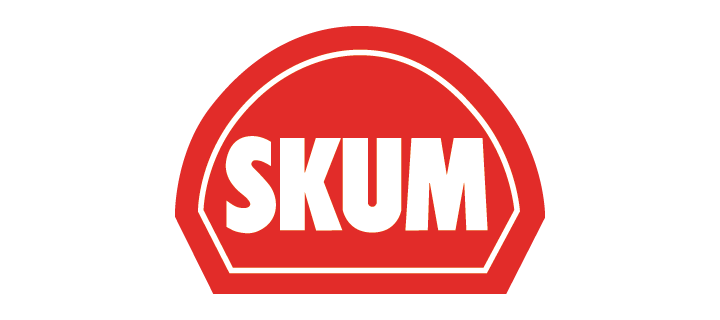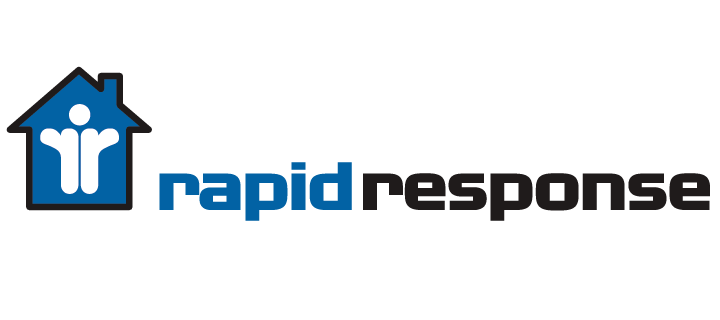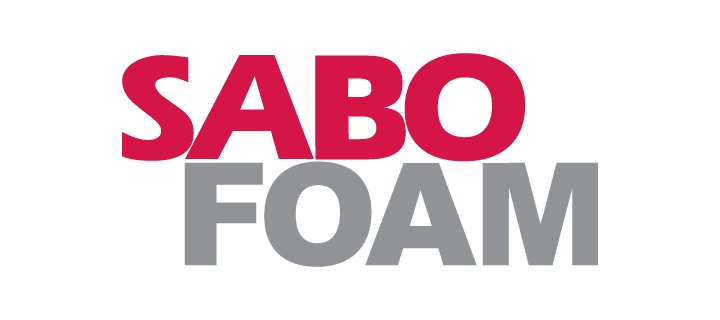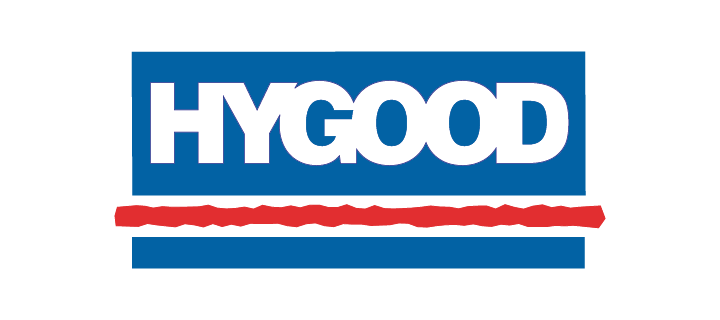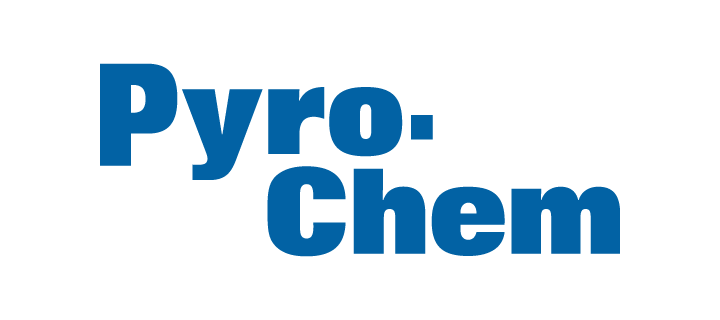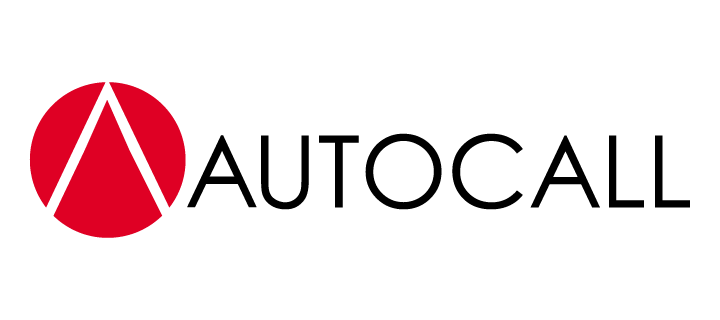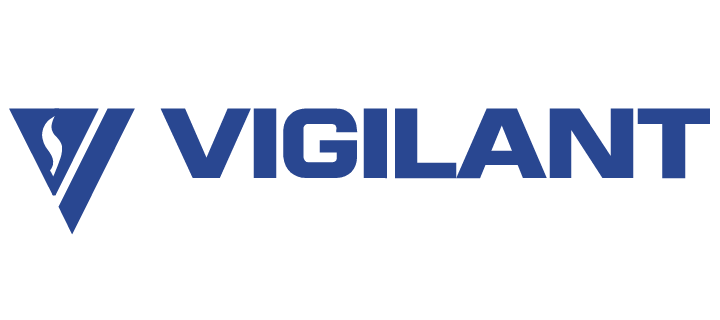Top Takeaways from the Sustainability Summit at Fenway Park, 2023



By Hank Monaco, VP of Marketing, Building Solutions North America, Johnson Controls
Building owners and operators from government, education, healthcare, commercial real estate, construction and other sectors gathered with world-class subject matter experts for the first ever Sustainability Summit at Fenway Park in Boston, hosted by Johnson Controls. Through expert keynotes and interactive panel sessions, twelve sustainability trailblazers provided building net zero strategies, technical advice, best practices and information about policy, programs and funding to tackle some of the challenges that today’s building owners and operators face when creating a sustainable built environment.
These conversations bear significance to every stakeholder in a building’s lifecycle. This recap will provide a sampling of the insights attendees walked away with to ensure that you, too, have the latest information and can implement best practices in your organization.
Greener Fenway Park, Greener Boston
To kick off the event, Red Sox President and CEO Sam Kennedy and VP of Facilities Management Jon Lister shared details on Fenway Park’s sustainability efforts. Yanni Tsipis, SVP of Fenway/Seaport Development at WS Development, then discussed the redevelopment of multiple sites in and around the ballpark.
What to know?
- Sam shared that when the current Red Sox ownership team acquired the Sox and the cherished jewel that is Fenway Park, they made commitments not only to win championships for fans, but also to be active participants in Boston and the New England community and give back.
- As part of this commitment, Sam acknowledged that sustainability is ingrained in Fenway Park – from its front office to its post-game cleanup strategy – to preserve, protect and enhance fan experience.
- Jon shared that finding sustainable and efficient ways to lower the ballpark’s carbon footprint and help offset the environmental impact of a 111-year-old ballpark requires creative, unique methods:
- Offsetting 100% of Fenway Park's electricity consumption with renewable energy sources
- The installation of solar thermal panels
- Fenway Farms organic rooftop garden
- A volunteer effort led by the Green Team to collect recyclables between innings
- Encouraging game attendees to take public transportation or bicycles
- Yanni led us through WS Development’s massive mixed-use development that will transform the area around Fenway Park. It will do so through sustainable retrofits to existing buildings and the addition of new public spaces for all seasons to build community and activity, while respecting the historic fabric and significance of Fenway Park.
Digital Innovation – The Future of Buildings is Digital
Julie Brandt, President of Building Solutions North America at Johnson Controls, presented the first keynote of the day on why the future of buildings is digitalization. Then, I had the pleasure of leading a peer panel to discuss this topic further with Microsoft’s Matt Hellman, Accenture’s Vikrant Viniak and Oak View Group’s Kristen Fulmer.
What to know?
- Julie emphasized that there is no decarbonizing the world without decarbonizing buildings. By embracing digitalization, we can meet desired outcomes, regulations, and transform buildings into eco-conscious, safe and longstanding structures.
- She explained why the solution is smart, autonomous buildings that leverage AI and robust data analysis to mitigate system downtime and accelerate a building owner or operator’s unique goals to create greener buildings.
- To bring these connected buildings to life, we need to recruit, train and employ the next generation and equip them with the digital and technical skills to address top sustainability challenges and deploy modern solutions.
- During the panel, Vik shared that people’s expectations for digital technology in their day-to-day lives is spilling over into their expectations for how workplaces and spaces can be digitally optimized. According to him, digitalization and sustainability are the two fuels we need to propel the economy and get to “warp speed” on progress.
- Kristen pointed out that it can be helpful for leaders to take inspiration from what other industries are doing in regard to sustainability and innovation. She also noted that sports and entertainment venues, and other organizations with large social platforms, have an opportunity to leverage their influence to make a broader impact.
- Finally, we heard from Matt about the importance of measurement and management in any sustainability or digitalization project. After all, you can’t manage what you can’t measure.
The Game Has Changed – The Focus on Sustainability as a Value Driver
Katie McGinty, Chief Sustainability & External Relations Officer at Johnson Controls, presented the second keynote on the business benefits and outcomes of being focused on sustainability.
What to know?
- Katie discussed why building sustainability isn’t just good for the environment, it’s a real source of business opportunity. Buildings are no longer just a means to get people in the same place; they are organic assets with the potential to drive the strategic purpose of businesses.
- Addressing various climate problems and solving for the “bad” (e.g., carbon emissions, water waste, etc.) can drive positive business outcomes including an increased valuation, more satisfied and productive employees, easier recruiting and retention, tax credits/ incentives, favorable financing and so much more.
- Many investors are also focused on “clean and green” properties, since resilient properties are earning premium prices in today’s commercial real estate market.
- In the past, as much as 83% of a company’s value could be found on its balance sheet. Now, however, intangible ESG assets like engaged employees, happy tenants, diverse boards, strong brand and access to institutional capital are more relevant to a company’s bottom line.
- By aggregating data from a variety of connected building systems with digital solutions like Johnson Controls OpenBlue, Katie noted, “the building can turn from a deadweight on the balance sheet to an agile revenue generator.”
Meeting Building Performance Standards
Mark Reinbold, VP of Sustainable Infrastructure at Johnson Controls, moderated the final panel of the event – a deep dive into the role of Building Performance Standards – with the Institute for Market Transformation’s Lotte Schlegel and the City of Boston’s Aidan Callan as panelists.
What to know?
- This panel discussed the exciting progress the City of Boston has made toward their Climate Action Plan and how the city has cemented itself as a leader in the country with its early adoption of building performance standards via BERDO.
- The experts advised that the best way for organizations to track, measure and report on their initiatives – particularly from a regulatory compliance standpoint – is to take a portfolio view rather than an individual building view.
- They also agreed on the benefits of pulling together a team of consultants to help achieve your goals.
- Although it can be expensive and feel difficult, they also reminded us that there are a variety of funding mechanisms in place, including federal funds, federal tax credits, financing, green banks and performance contracting, to finance sustainability projects and meet targets.
- Further, the trio discussed their predictions for net zero buildings, which remain optimistic as businesses and cities continue to adopt new regulations meant for keeping the planet healthy and more sustainable.
Last but certainly not least, attendees heard about Climate Week 2023 from Vikrant Viniak, Senior Managing Director, North America Sustainability Services & Strategy Lead at Accenture. Vik observed that now more than ever before, companies are talking about sustainability. But there’s not enough progress happening to meet the 2030 Agenda. He indicated that although we’re halfway through, we’re not halfway done. We must be more ambitious. That's why the United Nations Global Compact has launched Forward Faster, a new initiative to guide companies on where they can make the biggest, fastest impact for 2030.
Vik left us with these words at the close of his speech: “Let this be our legacy – we have the power to make a difference when it comes to a healthy planet and healthy people.”
Today’s building owners and operators are expected to prioritize sustainability – not only to mitigate the effects of climate change, but also to improve occupant health, safety and experience. And while they face challenges from securing project funds to meeting strict compliance standards, there are innovative financing solutions and connected technologies available to support them along every step of their net zero journeys. The payoff of investing in greener buildings is huge – driving value across businesses, ensuring structures are longstanding and resilient and, most importantly, helping people and the planet.
Johnson Controls recently ranked number 4 out of 50+ companies on Fortune’s 2023 Change the World list, highlighting companies that made an important social or environmental impact through their operations this year. This recognition demonstrates our leadership and commitment to addressing urgent climate change challenges and driving tangible, positive outcomes.
This event is just the start of many important conversations and partnerships that will help drive sustainable outcomes in Boston and beyond!


